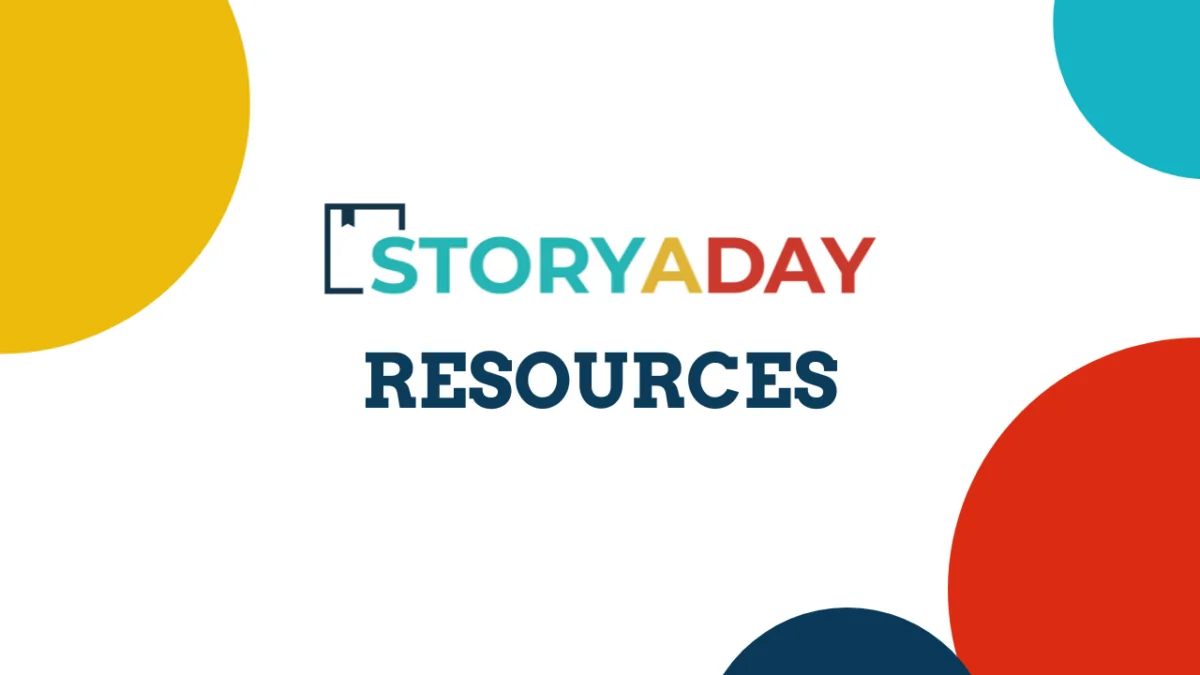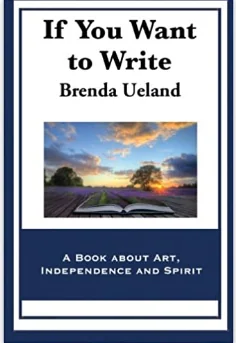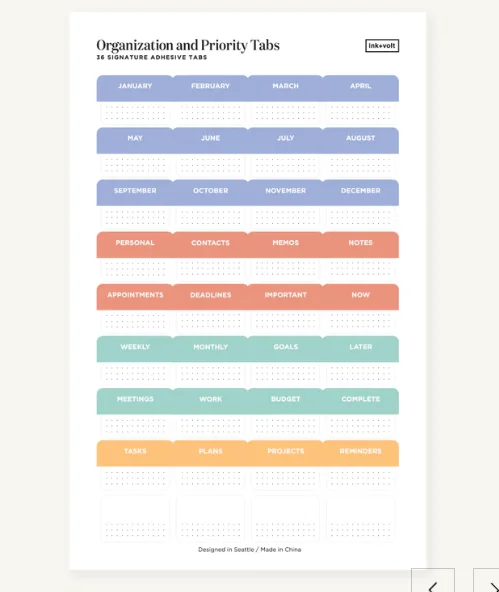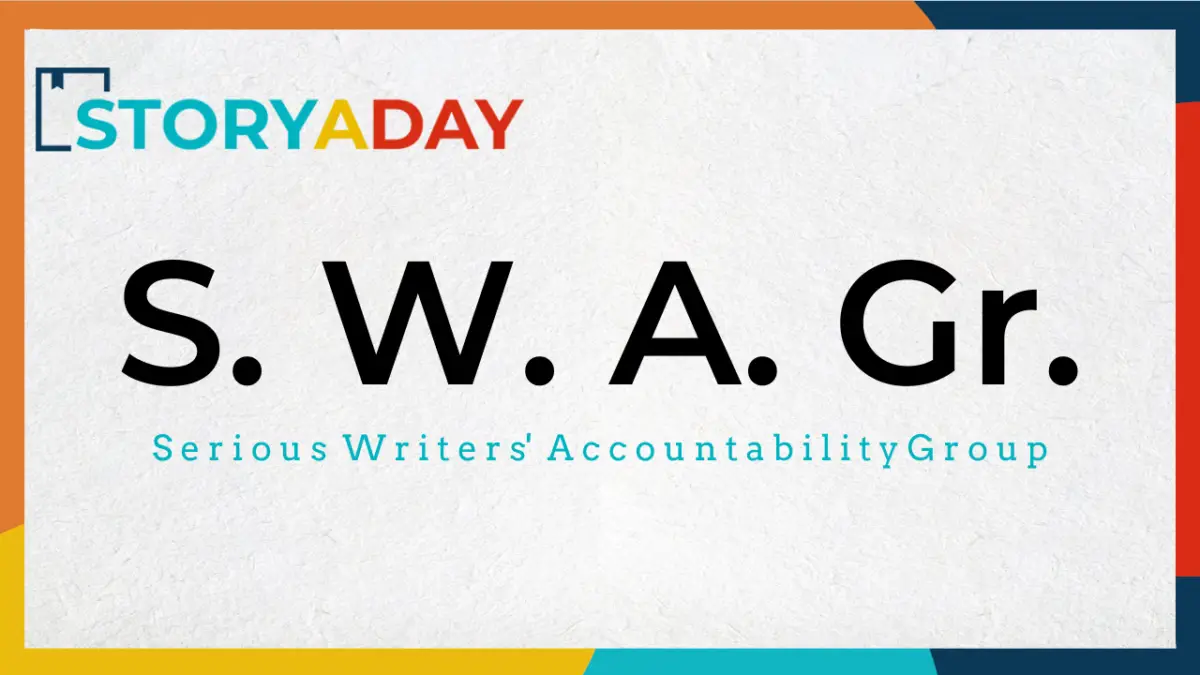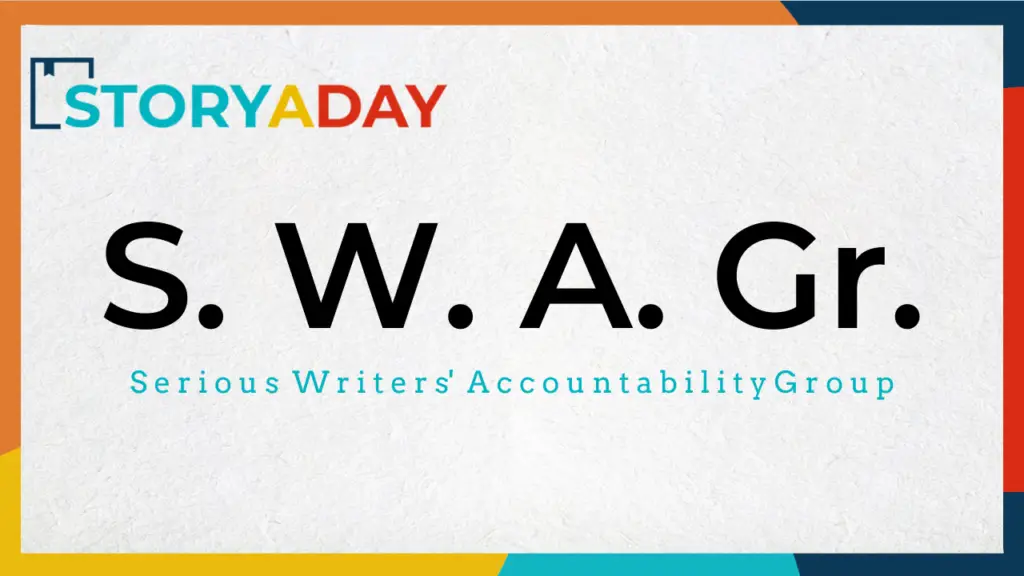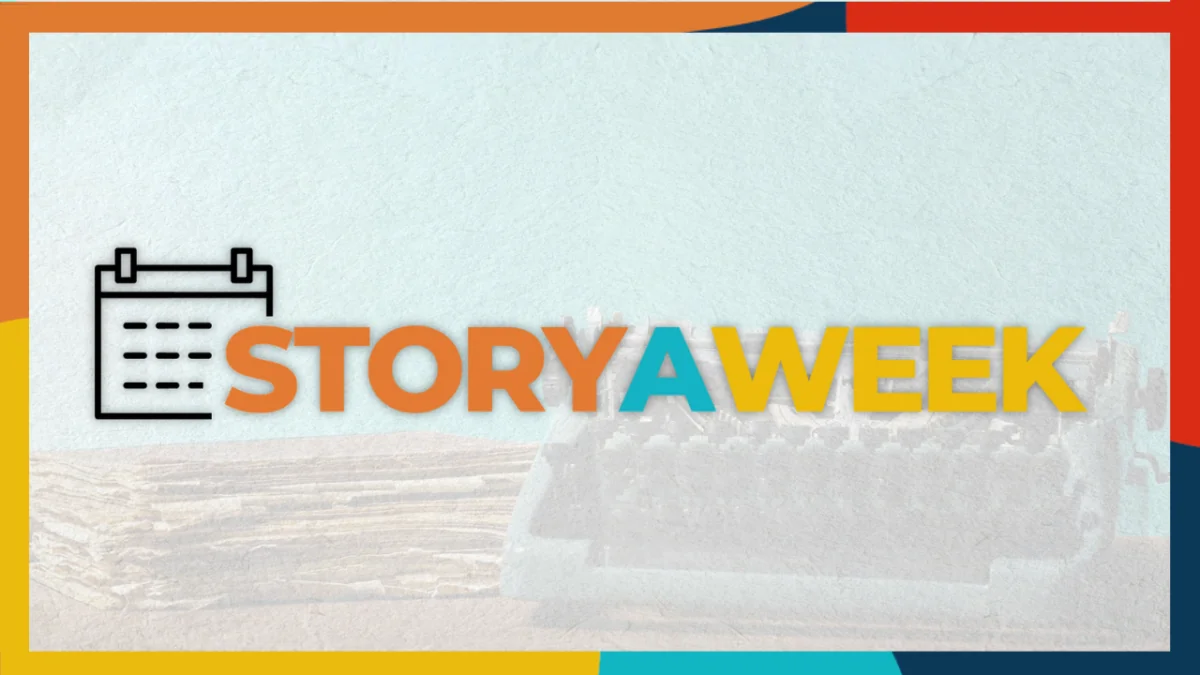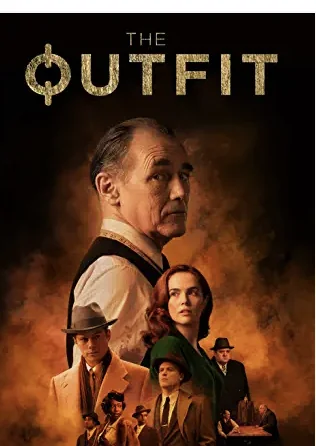Books On Writing
Save the Cat Writes A Novel by Jessica Brody
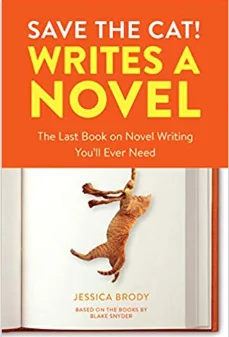
This one makes the most sense to me of all the books on story structure. Your mileage may vary.
If You Want To Write by Brenda Ueland
This book (written in the 1930s) brought about my re-awakening as a writer, and probably still informs all my soap-box rants about your right to write.
Anything by Donald Maass
Writing the Breakout Novel, The Emotional Craft of Fiction, his new stuff…anything. Possibly everything.
Pens & Paper
I know, I know, like you I type faster than I write, but i also find I need to ‘think’ on paper/ When I’m handwriting, I like the pens and paper to be yummy. These are my current faves
Pilot Custom 823

This is a real splurge, but I used mine every day (a lot) for 8 years and never once did it feel scratchy. Because of the plastic barrel you do have to be a little careful not to drop it. Pilot will replace defective pieces, but if you break it, you’ll have to buy replacement parts!
TWSBI

This is a great mid-priced fountain pen that has the same voluminous ink reserve as the Pilot 823, one of my favorite things! I hate having to keep ink on hand or stop writing to refill too often.
Lamy Safari
A great entry-level fountain pen to try out if you’re not sure ink pens are for you. This has a really comfortable grip and you can swap out the nibs, so if one becomes worn or if you fancy a thinner/fatter stroke, you have options. They also come in fun colors. This one uses cartridges or a refillable converter. You’ll have to fill this one more often than the TWSBI or the Pilot, but sometimes that’s the fun of a fountain pen: trying out new inks!
Leuchtturm 1917
After years of mourning my college-staple (the A4 spiral-top notebook, narrow rule), which I couldn’t find in the US, I moved to side-bound spiral notebooks that always annoyed me because i caught my hand on the spiral when writing on the backs of the pages. Plus the paper was pretty thin, especially once I started getting more inky with my pens.
Then I discovered Moleskine notebooks (8.5×5.5″) and was pretty pleased with them, until someone put me on to the Leuchtturm1917.

Not only is A5 in size, which is just that little bit wider, allowing for more words per line, but it comes in all kinds of papers: blank, lined, square-grid and, my new love, dotted. The dots are faint-but-not-too-faint. The paper is creamy. The two (count ’em TWO) ribbons allow me to mark different sections. The pages are numbered and there are pages for an index at the front. It comes with a standard pocket-for-keeping-things-in at the back and labels to put on the front cover and spine, if you’re that way inclined.
Plus, did I mention the pretty colors?
I choose one color scheme for the year ahead and stock up on three or four. They are my one-notebook-to-rule-them-all and I keep everything from shopping lists to meeting notes, journal entries, mind-maps and random calculations in them. Periodically I go through and update the index so I can find things. This works MUCH better for me than trying to have topic-specific notebooks which I inevitably leave somewhere or put somewhere ‘safe’ and never have to hand when it matters.
I create a few blank pages at the start of every month for an overview of what I have coming up and for me to log my daily achievements. I usually get about three months’ out of one notebook.
Washi Tape
A brilliant artist friend told me about this trick: line the edges of important pages in your journal with washi paper. It folds nicely and doesn’t need to stick out, but you can always find the right section of your ntoebook at a glance.
Tabs
Having said that, I also buy these tabs from Ink + Volt and use them too. I only really use the monthly ones (I have a section in each notebook for a daily log.)
I don’t go crazy with the tabs, because if I have to make too many decisions about the ‘right’ place to write something I’ll stall out, but I do like to have the monthly overview easily accessible.
(As I mentioned, I keep the index up to date from time to time, so that I don’t have to make those kinds of decisions every time I open the notebook!)
Planner
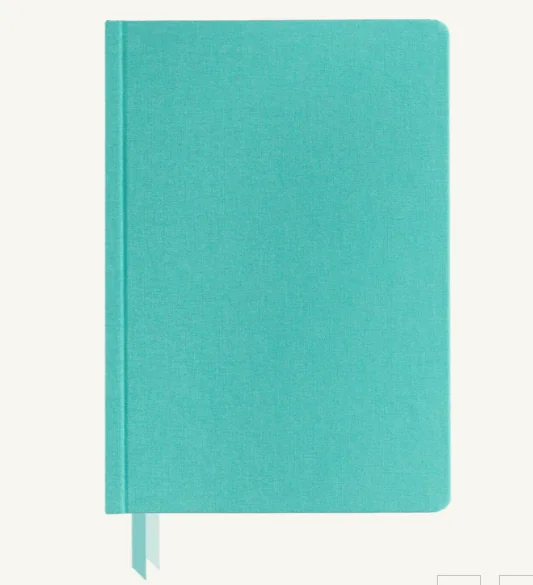
I use a lot of digital reminders and calendars, but I love my paper planner. The Ink + Volt Planner has been my best friend since I discovered it in about 2015. I like the way the days are laid out in the week view (morning, afternoon, evening – perfect for someone who knows they need to get to stuff ‘at some point today’ but doesn’t like to be hemmed in by specific time expectations – hey! If I decide to go for a walk at 2pm instead of writing an email, I don’t want my planner judging me).
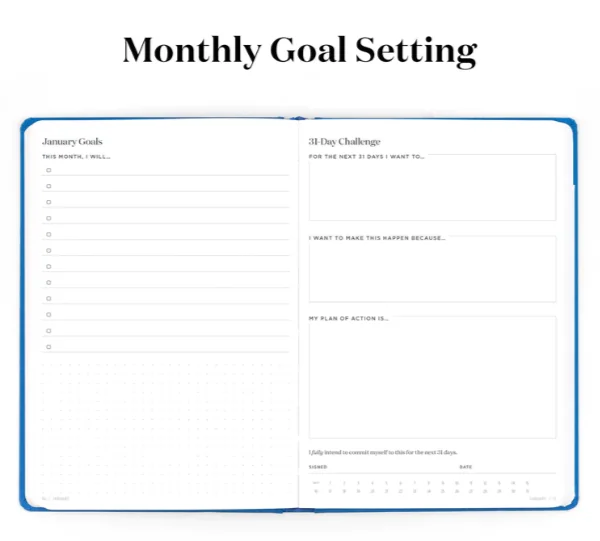
It also has a lot of journaling prompts (which I rarely use) and goal-setting sections, including a monthly 31-ish-day challenge (which I do tend to use).
It encourages you to set goals for the year, month and week AND to review them weekly. I find this helpful.
Digital Staff
Google Calendar
I use this for scheduling everything from family stuff to writing appointments to workshops and events I have to be at. If my calendar (and phone) aren’t buzzing, I have no sense of the passage of time. I could chastise myself about this or I could learn to accept it and work around it…with digital nagging!
Calendly
Just as I cannot be trusted with times, I cannot be trusted with details or timezones, so I use Calendly to schedule anything that involves another person, like interviews for the podcast or 1:1 calls with the Superstars. It syncs with Zoom and Google Calendar, so all my digital minions can conspire to get me where I need to be, when I need to be there.
Scrivener
It’s an optional extra when it comes to writing, bit if you are interested in going pro, or keeping track of everything you’re writing, Scrivener can be a wonderful tool. I used it for one project and learned just enough to make it useful for that. Then I started asking “I wonder if Scrivener can…”. The answer was almost always ‘yes’. I use it a little less now that I’m working across Mac and PC operating systems, but i probably should bit the bullet and figure that out.
Google Docs
As a ‘work anywhere’ word processor I find Google Docs the way to go. It’s not quite as powerful as Word in some ways, but sometimes that’s a good thing. It’s a lovely, clean interface and I never have to worry about hitting ‘save’.
Timelines
If you’re interested in figuring out how long things take you, I recommend this tracking tool. YOu do have to manually start and stop sessions (if you can’t handle that, you might want something like ‘Rescue Time’ which automatically tracks all your digital pursuits), but I like the fact that I can have multiple sessions running at the same time, so for example, I can see that I’m spending 1 hr in my business (running a writing sprint) but I’m also sneaking in about 3/4hr of fiction writing time.
Trello
These visual boards are useful for planning projects and keeping tasks together. Because most of my work is project based (meaning I might do one tasks every few months, rather than every day) it helps me make checklists every time i do a thing. Then, months later, when I want to do it again, I can go back to Trello and find it!
Here’s a sample board I made to show how an author could plan their social media content
Learning
Learn Scrivener Fast
I love this course. It’s arranged in bite-sized pieces with tons of video delivered by the engaging Mr. Joseph Michael,, Every time I think “I wonder if Scrivener can…” I go here first, to figure it out. Sure, you could use a search engine and comb through years and years of (possibly out of date) free info, but sometimes it’s worth the investment to get well-curated and updated info.
Product Launch Formula
This marketing course might seem like a weird thing to put in a writers’ toolbox, but learning how to sell without feeling sleazy is a really useful life skill as well as an essential career skill, in case you want to make money from your writing. Everything I learned about how to structure an offer, so that people feel invited in to a book, course, or other experience, I learned from Jeff Walker and his Product Launch Formula Coaching team. There are lots of other people teach his methodology now, but I’ve found my home here.
Communicating with My Audience
Website
I use a WordPress site self-hosted and have used site hosts Bluehost and WPEngine. Bluehost iswas a fine starter-host, and WPEngine has better support. I also recommend Elementor and Divi if you want to build custom pages.
Email – Convertkit
I have used Mailchimp in the past, but moved on to Convertkit a number of years ago. I’m pretty happy with them. (They have a free plan for people with fewer than 2,000 subscribers, so it’s a pretty good way to try this out)
It’s important to have you own email list because you don’t ‘own’ any of the followers you’ve gathered on social media. If Facebook or Twitter decide to ban you, how will you get in touch with your fans? Easy, if you’ve invited them on to your email list.
BUT to run an email list properly you should be using a service like Convertkit, that makes it easy for people to opt in AND out of your mailings, and keeps you within the laws on these things (not to mention making your readers not hate you!)
Social Media Scheduling – Later
I do a lot of manual posting but when I want to make sure things go out regularly, I use Later.
Course Platform – Kajabi
For a while I hosted courses on my own website server with a WordPress plug in, but I decided to go with the much more slick and attractive Kajabi, after a few years. It’s pretty over-powered if you aren’t running a course for a lot of people, but for my StoryADay courses it’s a wonderful asset.
Community Chat – Slack
I never wanted to take my community onto somebody else’s platform, so no Facebook groups for me, ever! Slack is like a group-chat/message board on steroids. The free plan is fine, thought it has some limitations. I’m always looking for the next killer app (as we used to say, back in the day…)
That’s a lot, I know. Nobody needs all this stuff. All you need is your imaginations and way to record your stories (either on paper on in someone else’s ears) but since people often ask, I thought I’d make a list. And now I have.
Disclosure: Some of the links on this page are affiliate links and I may receive compensation if you make a purchase through them.
What are YOUR favorite tools? Leave a comment!

